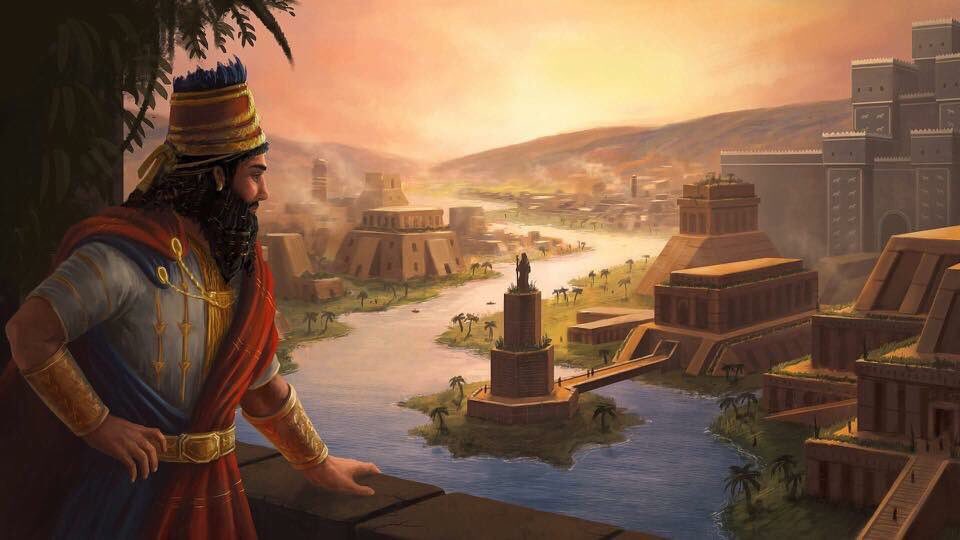
Grateful for advice from #Hebrew and #Linguistics folk.
The Biblical name Naarah (נַעֲרָה) can be translated as ‘girl’.
A bit non-descript perhaps, but then some names are.
Clines, however, reads נַעֲרוֹתֶֽיךָ in Job 41.5 as ‘your sparrows’, which strikes me as plausible.
The Biblical name Naarah (נַעֲרָה) can be translated as ‘girl’.
A bit non-descript perhaps, but then some names are.
Clines, however, reads נַעֲרוֹתֶֽיךָ in Job 41.5 as ‘your sparrows’, which strikes me as plausible.

It also finds confirmation in a few apparent cognates from other languages, e.g.,
Mehri «nəγγōr» = ‘stork’,
Akkadian «nēru» = ‘a type of bird’ (from a lexical list), and
Arabic «nuγarat-» = ‘a red-billed sparrow’.
Mehri «nəγγōr» = ‘stork’,
Akkadian «nēru» = ‘a type of bird’ (from a lexical list), and
Arabic «nuγarat-» = ‘a red-billed sparrow’.
The question:
How much can be inferred about the base form of נַעֲרוֹתֶֽיךָ on the basis of the information above?
And what if anything does that tell me about the likelihood that the name נַעֲרָה is related to a ‘sparrow’ word?
How much can be inferred about the base form of נַעֲרוֹתֶֽיךָ on the basis of the information above?
And what if anything does that tell me about the likelihood that the name נַעֲרָה is related to a ‘sparrow’ word?
P.S. Clines gives as possible base forms *נַעֲרָה and *נֹעָרָה.
• • •
Missing some Tweet in this thread? You can try to
force a refresh









